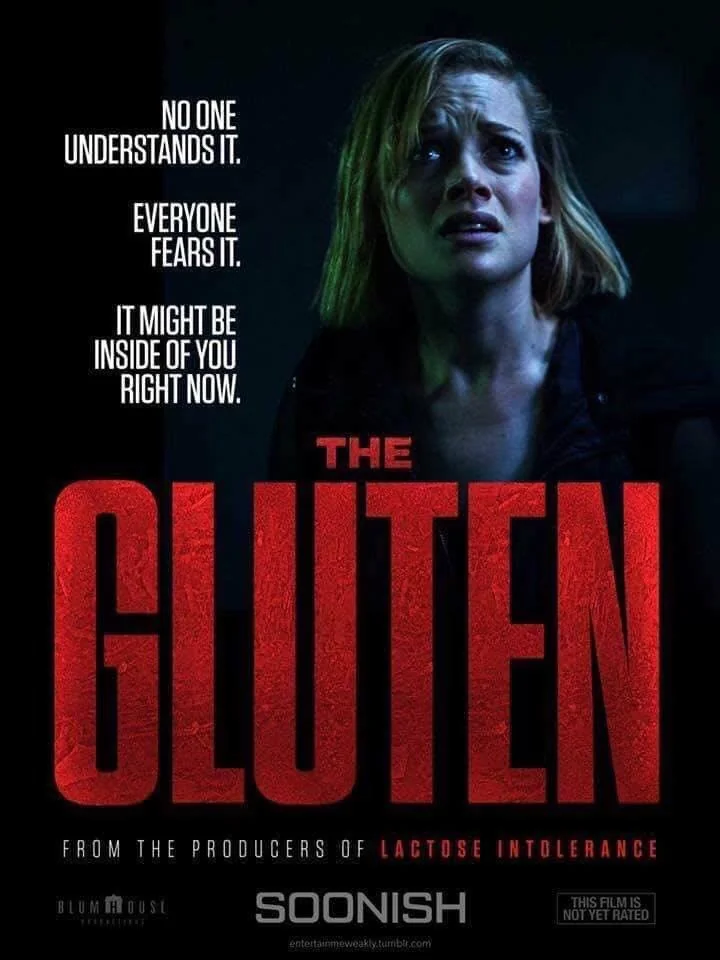I used to dislike writing and reading.
My mom was a literature teacher, so whenever I didn’t know what something means, I would ask her. Unfortunately for me, that would spark the chain of painful events; my mom bringing encyclopaedia (remember those big books where it took time to find the right page alphabetically?) and any other books she would think of as a reference, and giving me a 45min lecture. Ugh… I fell for it many times.
I guess, that’s also why I leaned towards maths, languages (just not my own, Polish) and computers.
Writing for me seamed a rather ‘basic’ and boring skill. And consuming writing of others – a necessary evil. Sure, I read books, but it’s not like I was completely lost in space and time. Even (if you’re a fan, please don’t throw a spell on me) Harry Potter didn’t do it for me. I needed to grow into liking reading.
Now, when I read something interesting, I make a note of that. I start a draft for my own commentary, trying to mix the most absurd concepts (if it fits) and spit out something fresh. Untrite, Baby.
It’s painful, every time I do it. But a bit less painful if I do it regularly. You can endure pain if it’s constant, and you can even find pleasure in it. In the end, receptors for pain and pleasure are located in the same area of our brain. Maybe it’s the same with writing?
Ok, I digress too much.
You can see how chaotic I tend to be (but hey, in chaos creativity is born). You can read someone’s character from the way they write.
I sometimes choose to stay silent on the very serious meetings, because I often think things that may be too far off the main topic. A friend of mine says I may be on spectrum of ADHD. I don’t think so, as I can focus on demand and for longer periods of time. I just like to think about many seemingly unrelated things at once. For me, everything is connected in one way or another. Polymaths shine thanks to that.
The art is to voice thoughts that are well fermented. First, they are just like a boring flour, salt and water, to finally become a beautiful sourdough. A healthy, and life-sustaining monster that contrary to popular thinking of those infected by gluten-free epidemia, is not bad for your digestion and gluten (this and this). Just give it some time, and some air.

Let your thoughts breathe – what I’m trying to say.
And what’s the best way to let your thoughts breathe, than to write them down first?
All those smart sounding TED talks or big media interviews needed to be written and rewritten down first. Nobody woke up (smart) like this. That person has said the same thought already so many times, that it feels seamless now. There is no genius in that, so don’t beat yourself up (like I used to) that you can’t match their level of eloquence and brilliance during live Q&As.
Writing allows you to pause, rerun that sentence in that voice in your head, listen to it, and judge if it feels right. But that’s just first step. It’s important to not restrict yourself. Let your wild imagination run free. Write whatever comes to your mind, and then delete, delete, delete, until something interesting appears.
When it does, publish it. Don’t listen to your internal critic too much who will be telling you that it’s nothing new, that x thing has been said and written a million of times already. It may be true on a subject level, but it’s your unique voice. Input, output -> feedback seeking. If there is no output, the flow is interrupted and you can’t challenge or build anything on top of what you already know / or believe to be true.
What brings me to the main angle of today’s twisted, bread themed (I guess that’s because I’m in Argentière snowboarding, and surrounded by so many boulangeries) post which was inspired by a commentary post of Jeremy Connell-Waite, Design Principal at IBM on thought leadership and writing. He was referring to a brilliant lecture by Larry McEnerney (watch it!) and shows him teaching a class of very smart academics about how to write when they are working on the frontier of knowledge.
Both Larry and Jeremy argued that those smart guys are thinking things that other people haven’t thought before.
The problem with “expert” writers is that they often think people care about what they think.
They don’t. Most audiences don’t care about their own view of the world and what’s in it for them. Great thought leaders do not write to share their thoughts and opinions, they write to help other people THINK DIFFERENTLY about how THEY see the world. To challenge their views and opinions. Because one common trait of truly great, successful people is their ability to change their opinion.
And guess what – you can’t do that with GenAI.

Most of the noise on Linkedin is NOT people thinking with their “pen”; it’s people churning out posted content whose owners nailed the algorithm reward system – hoping to lick some of that icing off the popularity cake for themselves. But those posts are yesterday’s news. They are not bringing anything new to the table and they are not moving people’s emotions. I would even bet, most of those those genAI producers aren’t even reading what the spammy monster spat out for them.
Even if you attempt to meticulously prompt ‘detail’ from your Claude, ChatGPT (which stands for Generally Pretty Trite), or any other artificial being, it still won’t reflect your voice.

Kaila Colbin gave a great commentary on Sam’s tweet (x’it?):
There’s a terrifying genre of post going around LinkedIn.
It starts with a promise: “Here’s how I went from 0 to 7 million followers in 30 days and you can too.”
It unravels step by step: “Start by using TopicBeastAI to find out what topics are popular. Then use QopyQat to find out which posts on those topics get the most engagement. Then use FormulaiQ to derive the underlying post structures. Then use PostFaker to generate your own version of each post.”
Set aside whether the suggested tools are effective. Set aside whether the process generates the sought-after followers. The entire idea of it is fundamentally, vomitously broken.
I know: It’s not new. But it is enabled and accelerated by generative AI.
It’s bad enough to outsource creativity to ChatGPT. What this type of process does is outsource our lack of creativity.
When we ask our AI tools to find a “proven formula,” by definition, what they come up with is not new. It’s a reconstitution of what everyone else has done.
The irony of it all is that generative AI itself functions in this way: by digesting and regurgitating content. And where that gets us, as Azeem Azhar pointed out last week, is “reversion to a bland mean.”
The bland mean is an issue even before we get to AI hallucinations or tools designed to “poison” content to protect copyright. And all THAT is even before we get to the concept of model collapse: “the degenerative process that large language models like ChatGPT can experience when they’re trained on AI-generated junk data.”
Model collapse is what you get when AI ingests all the existing data, pulps it, and then spits out so much rehashed content that it begins to feed on itself.
We’re not far off. A couple weeks ago, OpenAI CEO Sam Altman tweeted, “openai now generates about 100 billion words per day. all people on earth generate about 100 trillion words per day.”
He said that like it’s a good thing.
Last month, Vice reported that, already, “a ‘shocking’ amount of the internet is machine-translated garbage, particularly in languages spoken in Africa and the Global South.”
In the face of this impulsion towards pre-chewed dreck, rather than striving to be more creative and innovative, we’re trying to copy the very reduction in creativity generated by AIs themselves. Instead of developing our own positions, opinions, points of view, we’re absorbing existing content and spitting out what we think is expected from us.
We’re turning ourselves into human versions of generative AIs.
The reason to share on LinkedIn is not that you’ve found a way to digest and regurgitate popular content. The reason to share on LinkedIn is that you have ***something of value to offer.***
If you are crafting what you share to reverse-engineer popularity, you’ve already lost.
Kaila Colbin
So write about what you stand for, even if it’s a bit controversial – but not for the sake of pleasing algorithms. Spark a conversation and make people feel something. Don’t be a broken record, be a contrarian instead (but if you disagree on everything for the sake of disagreement, you’re just another breed of conformist).
Or don’t be any of that, and just be another empty profile and empty like.


![Start-ups and start-downs [Evoque Journey] louveciennes @flickr](https://hankka.com/wp-content/uploads/2013/09/bfast.jpg)

![What are you afraid of? [Evoque journey] Donnie Nunley @Flickr](https://hankka.com/wp-content/uploads/2014/02/12331672305_9d924d76b0_z.jpg)
